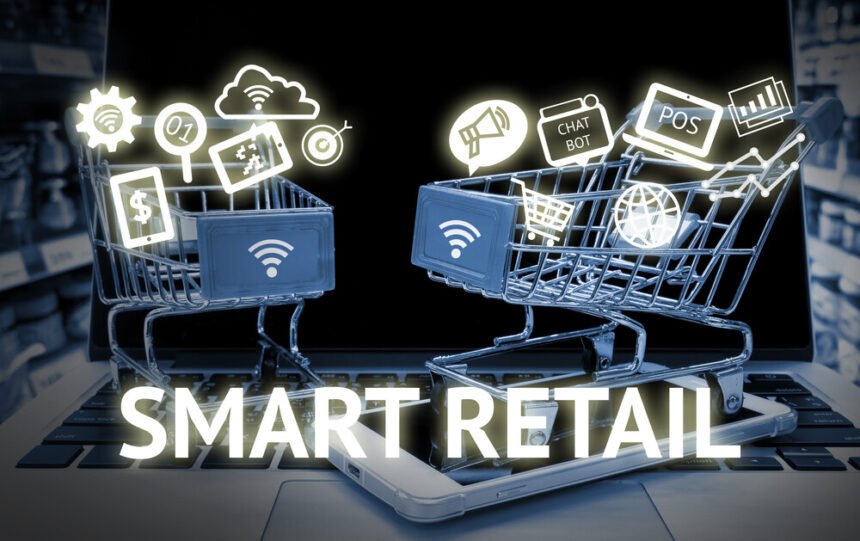AI has become incredibly important for the retail sector. This is partly because the industry must take measures to avoid collapsing in the wake of new competition from online retailers.
It is believed that the retail sector will irreversibly decline in the future. This is primarily due to the growing popularity of e-commerce. In the U.K., 85,000 jobs disappeared from the retail sector in the first quarter of 2018, and about 30,000 retailers reported financial difficulties.
Despite the partly negative overall picture, global retailer revenue continues to grow, up 4.1% from prior periods as of 2018. And even with the growing pace of e-commerce, many sales are still made in conventional stores. What role does artificial intelligence play in this, and how does artificial intelligence affect the speed of retail evolution?
Expanding access to AI is not a global problem, but its use in retail is most often hampered by regulatory issues of the system itself, their technical side. Experts dispel the current fear of whether retailing could disappear altogether. People will always want to buy something, which means retailers will never be out of work.
Major AI Trends in Retail
Here are some of the biggest ways that retailers are harnessing the power of machine learning and AI.
Online Shopping
At this point, the proliferation of online shopping has not yet reached a large scale, which is not a cause for concern. It is known that 85% of sales are still made in conventional stores. This is due to the fact that customers prefer to examine and touch the thing they want to buy. And many customers just like the feeling of walking through a store.
Another big disadvantage of e-commerce is that not all customers these days know how to buy online, and so to meet their needs, many online stores open traditional stores.
Production
Once trained in the expected quality of products, artificial intelligence will be able to do the customization, distribution and workflow management at factories. This will of course ensure a higher product quality.
There will also be less rejected products and packaging. Everything will be done based on a repeatable algorithm. Artificial intelligence can accurately calculate and specify the levels of raw materials and products needed for production. And all of this can be done in a fraction of a second, without stopping other processes in production. AI can also deal with testing and identifying defective products.
Automation
Today, property taxes and the cost of living are going up, which means that retail business owners are spending more and more money each year to pay each employee. And the introduction of artificial intelligence in the company can help solve these problems by reducing unnecessary employees. This approach would allow for more efficient staffing management, automated warehouses, and the involvement of chatbots. If we don’t take the existing traditional business online, the outlook for the next five years will not be bright. There are, of course, downsides to digitalization, such as the need to rebuild infrastructure around new data. Some retailers use outdated accounting systems, or different systems in each store in the chain. The main challenge in such a case is to collect data in a single repository.
The Future of Artificial Intelligence
Many companies refuse to implement AI because quick and big profits are important for business, and Artificial Intelligence is a long-term project that will bring a lot of profit in the future, but to begin with you need to consider the cost of IT specialists, maintenance and upgrades because it needs to consider the cost of maintaining AI.
Accurate demand forecasts
AI is a very powerful advantage of your business over competitors because demand forecasts created by machine learning are more accurate and cheaper. It is they help to understand what products are more attractive to the customer and save on ordering certain products.
Conclusion
The future of retailing is closely connected with the introduction of artificial intelligence. Experts also say that in the near future we can expect smart dressing rooms and virtual shelves displaying products that people can buy, taking into account their shopping history.
NIX can provide artificial intelligence consulting and set up AI for your business.










